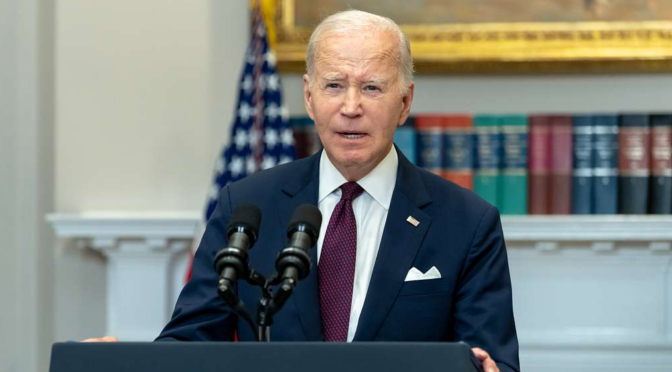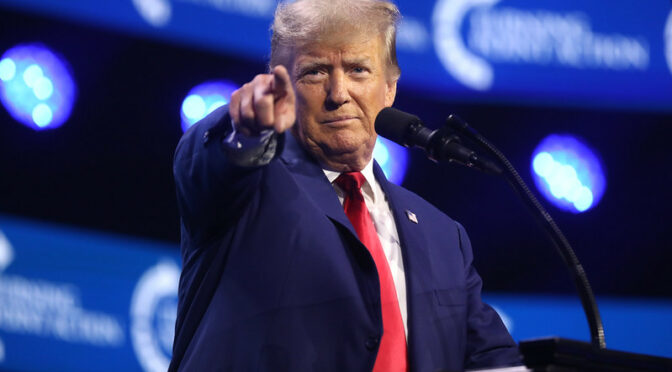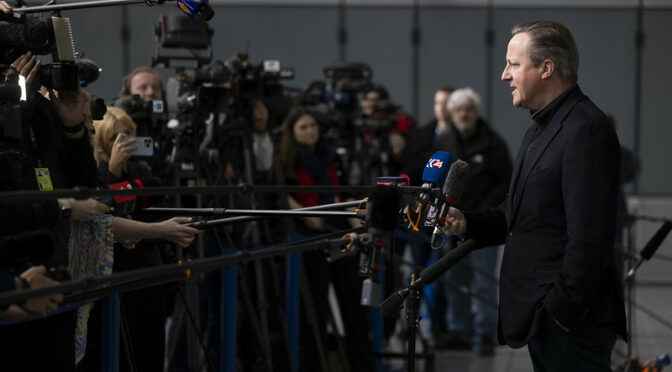Article published in The Daily Telegraph, 7 May 2024. © Richard Kemp
Hamas’s agreement on Monday to a ceasefire deal that was never on the table was yet another ruse to buy time and build international pressure to halt a major IDF operation in Rafah. It was a sign of the terrorists’ desperation to prevent the destruction of their final stronghold. An IDF move into Rafah has been delayed far too long. It is the result of months of fruitless negotiations over release of hostages that never showed any sign of materialising. Yet Israel had little option than to play along while even the smallest glimmer of hope existed.
The delay was also brought about by unbearable pressure from the US and other Israeli allies, with Biden repeatedly forbidding an attack on Rafah without what he called a ‘credible and executable plan’ to protect or evacuate the civilian population there. Similar demands were recently parroted by Lord Cameron during a visit to Jerusalem. No plan the IDF drew up ever met Biden’s stipulations, but then no plan could have done so if his real intention was to block the final destruction of Hamas amid growing concerns about adverse effects on his own electoral prospects. Of course one credible plan would have been to allow civilians to take temporary refuge through the Egyptian border into Sinai. Biden could have brought that about by pushing Cairo to agree but neither he nor any other international leader ever even raised a finger to do so. That unforgivable failure, which played right into Hamas’s hands, has contributed to many of the civilian deaths during this war and will likely lead to many more.
Now the IDF has been making preliminary moves against Rafah on the ground and from the air. Quite rightly, Jerusalem has not signalled its immediate intentions. Those may be to shape the battlefield for future large-scale operations, including spurring the civilian population to evacuate Rafah to designated humanitarian zones and adding pressure on Hamas to free the hostages. Nor is it impossible that an apparently inevitable push into Rafah might impel elements of the Hamas leadership to make good their escape from Gaza while Continue reading






